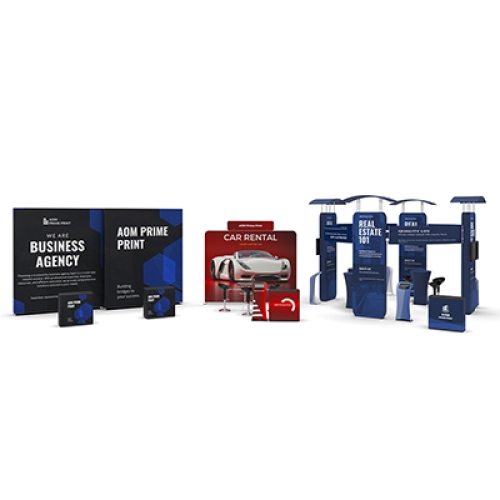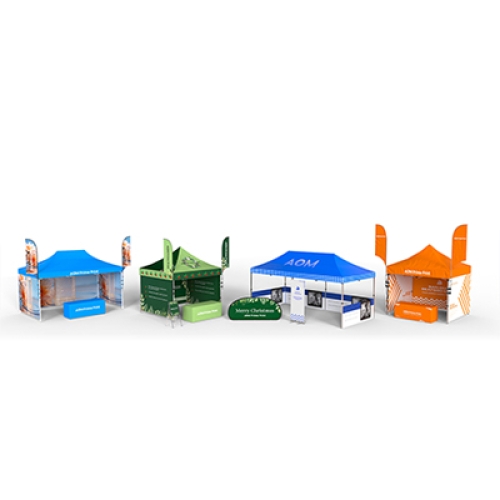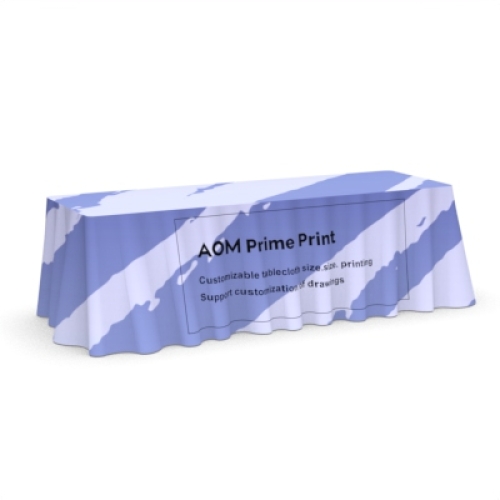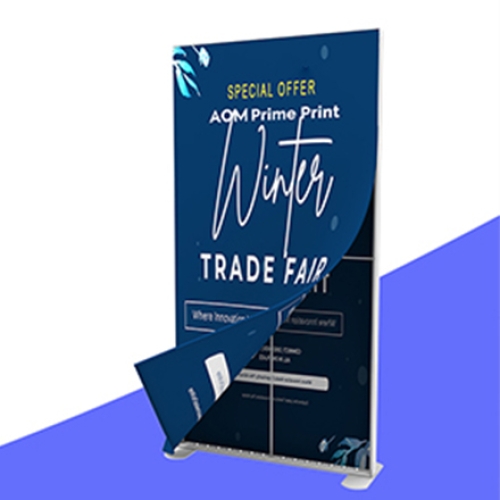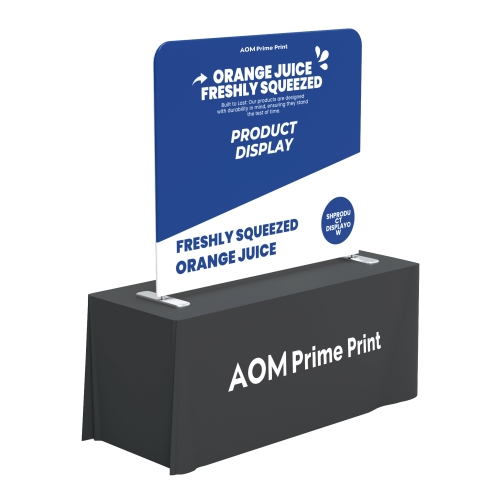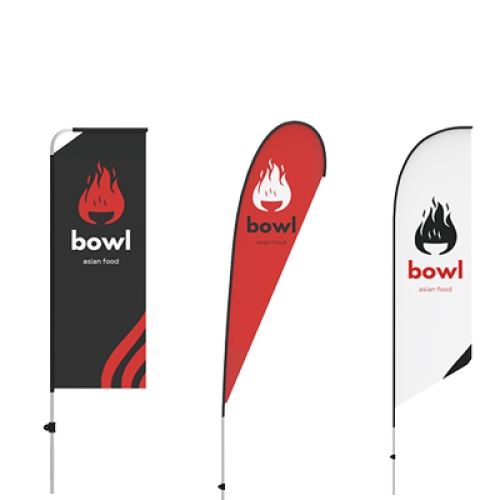Unprecedented trade negotiation skills
August 12th 2024
Trade shows are not just excellent opportunities to showcase your products and services; they are also vital platforms for building connections with potential clients and partners, and closing deals. In this competitive environment, mastering effective negotiation skills can provide your business with a significant advantage. Here are some tips to help you enhance your negotiation skills at trade shows, ensuring you stand out and secure more business opportunities.
Be Thoroughly Prepared
Successful negotiations begin with thorough preparation. Before the trade show, conduct in-depth research on potential clients and competitors. Understanding their needs, pain points, and market positioning will help you craft targeted negotiation strategies. Additionally, prepare relevant product information, pricing proposals, and contract templates so you can respond quickly to any requests during negotiations.
Set Clear Objectives
Having clear objectives is crucial when negotiating at trade shows. You should know exactly what you aim to achieve through the negotiation, whether it's signing a partnership agreement, securing new customer orders, or establishing long-term business relationships. Clear objectives will help you stay focused and avoid getting sidetracked by various pressures or temptations.
Be Flexible and Listen Actively
Trade show negotiations are often dynamic, so flexibility is essential. During the negotiation process, actively listen to the other party's needs and concerns, and be ready to adjust your strategy accordingly. Listening not only helps you better understand the other party's position but also uncovers potential opportunities for collaboration. Demonstrating that you understand and care about their needs will also build trust and facilitate cooperation.
Emphasize Mutual Benefit
In any negotiation, both parties aim to reach an agreement that benefits them. Emphasizing a win-win approach can make it easier to reach an agreement. When communicating with the other party, show your willingness to collaborate and discuss how the partnership can achieve mutual benefits. By identifying solutions that satisfy both sides, you're more likely to close a deal.
Know When to Close the Deal
Time is money at trade shows. For each negotiation, set an appropriate time to conclude. When you feel that a consensus has been reached or that you are close to your goal, suggest signing the agreement or discussing the next steps to avoid prolonged negotiations. Lengthy discussions can drain energy and potentially lead to missed opportunities elsewhere.
Conclusion
Mastering negotiation skills at trade shows not only helps you secure more business deals but also enhances your brand's market influence. By being well-prepared, setting clear goals, staying flexible, focusing on mutual benefits, and knowing when to close, you will be able to stand out in the competitive trade show environment and achieve greater business success.


